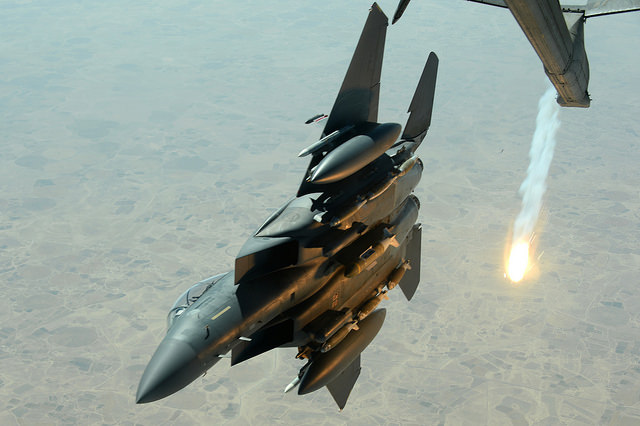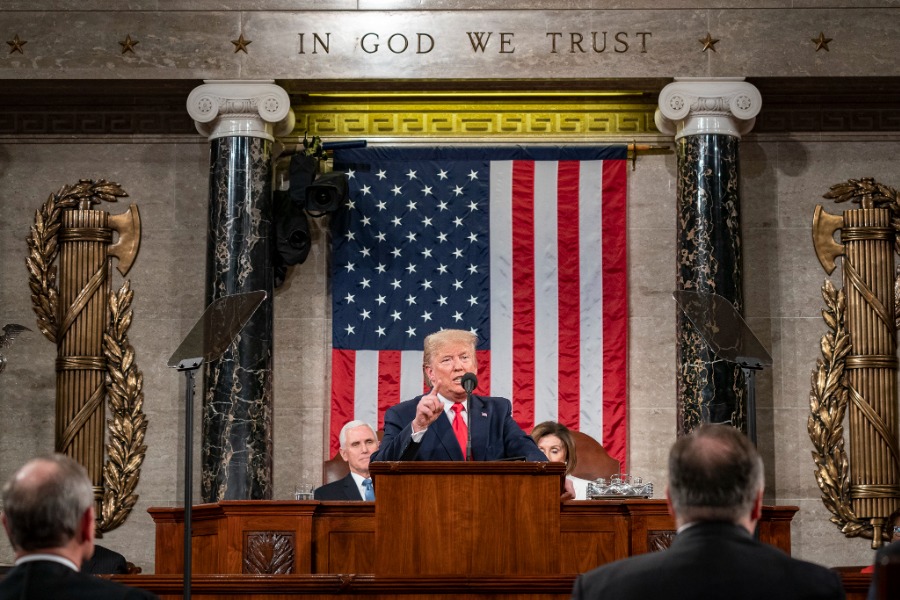Does Article II Authorize the U.S. Military to Defend CIA-Trained Syrian Forces against a Russian Attack?
As most readers will know by now, Russia's military intervention in Syria on behalf of the Assad regime looks like it will not be limited to operations against ISIL or al Nusra.

Published by The Lawfare Institute
in Cooperation With

As most readers will know by now, Russia's military intervention in Syria on behalf of the Assad regime looks like it will not be limited to operations against ISIL or al Nusra. Several sources (including Senator McCain) are claiming that Russian airstrikes have targeted not only those foes, which we share in common, but also one or more US-backed rebel groups--including at least some who were vetted and trained by the CIA.
This raises an interesting legal question: From a domestic law perspective, could the Obama Administration assert authority to use force to defend such CIA-trained groups from further Russian airstrikes? Obviously, policy considerations loom largest in such a scenario; no one wants a U.S.-Russian dogfight in the skies over Syria, after all, regardless of the legalities. That said, it is an interesting legal question, especially in light of recent testimony from Under Secretary of Defense for Policy Wormuth to the effect that Article II could be invoked to permit U.S. forces to defend DOD-trained Syrian forces in the event of an attack on them by Assad regime forces. Wormuth's position was repeated by an unnamed "senior administration official" a few days ago:
"If Syrian government forces attack the Syrian fighters we have trained and equipped while they were engaging ISIL, the President would have the authority under Article II of the Constitution to defend those fighters," a senior administration official told Defense One.
Given this position, is there any reason to think the answer would be different if we are talking instead about Russian forces attacking those same DOD-trained units? I see no reason why that would be the case, though the policy stakes obviously are immensely different. Next, is there anything different if instead we are talking about CIA-trained, rather than DOD-trained, Syrian forces? Again, I can't see why this would alter the analysis; under the apparent theory of the Obama administration, the government already posseses whatever legal authority would be needed to use force to prevent Russian jets from striking U.S.-sponsored Syrian units. As Jack observed here, this position is controversial at best, though it resonates to some extent with other instances in which the Obama administration articulated or acted upon broad theories of Article II authority to engage in third-party protective measures. Seeing how the theory might apply to the Russian scenario helps us appreciate just why such questions matter.



.jpg?sfvrsn=6cdd11de_5)

